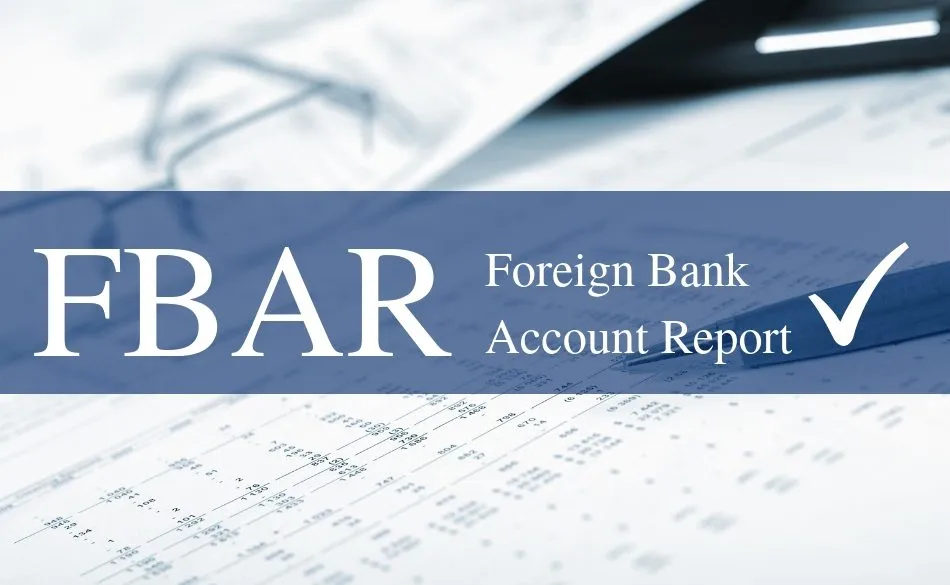 WhatsApp
WhatsApp
 Call Us
Call Us
 Email Us
Email Us
 Whatsapp Community
Whatsapp Community

Non-resident companies in India are subject to taxation based on income received, accrued, or arising within the country, as outlined in the Income Tax Act, 1961. However, recent developments have raised concerns for foreign companies operating in India, particularly those with subsidiaries established in the country.
Indian tax authorities have issued show cause notices to numerous foreign companies, even those with a longstanding presence through their subsidiaries. These notices scrutinize the source and valuation of their investments in India. This action follows the implementation of the Automatic Exchange of Information (AEOI), designed to combat global tax evasion by facilitating information sharing among countries.
In some instances, the tax department has requested passport and travel details for key personnel, spanning the past four years, including dates of arrival and departure from India and the duration of their stays. This scrutiny is intended to assess tax applicability.
One notable case involves Amazon Web Services (AWS), which received a tax demand notice of ₹549 crore. The notice was based on AWS's practice of imposing fees for providing cloud computing services to Indian entities. These fees were categorized as royalty and fees for technical services (FTS), subject to taxation in India.
Tax authorities are closely monitoring large sums labeled as royalty payments, which multinational corporations (MNCs) transfer to their parent companies in an attempt to minimize their tax liability.
These developments have raised concerns among MNCs, particularly at a time when the government is actively seeking to attract foreign investments to India







Stay in the loop, subscribe to our newsletter and unlock a world of exclusive updates, insights, and offers delivered straight to your inbox.